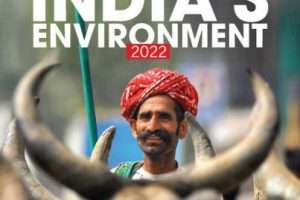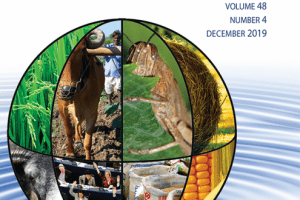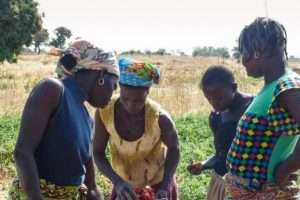Increased agricultural production through both intensification and extensification is a major driver of the current biodiversity crisis. As a response, two contrasting approaches have been advocated: ‘land sparing’, which minimizes demand for farmland by increasing yield, and ‘land sharing’, which boosts densities of wild populations on farmland but decreases agricultural yields. While these approaches have been useful in drawing attention to the impact of meeting the growing global demand for agricultural products on biodiversity, they have been driven mainly by conservation ecologists, and have often overlooked important issues related to farming. As agricultural scientists with practical experience in developing, testing and scaling alternative forms of agriculture in some of the most biodiversity-rich areas of Latin America, Eastern and Southern Africa and South Asia, we are pointing in this paper at what we see as being two major limitations of the land sparing/sharing framework: (1) the reliance on yield-density relationships that focus on trade-offs and overlook synergies between agriculture and biodiversity, and (2) the overemphasis on crop yield, neglecting other metrics of agricultural performance which may be more important to local farmers, and more strongly associated with positive biodiversity outcomes. It is our hope that this paper will stimulate other agricultural scientists to contribute to the land sparing/sharing framework, in order to develop together with conservation ecologists viable solutions for both improved agricultural production and biodiversity conservation.
Sparing or sharing land? Views from agricultural scientists
May 20, 2021
64 Views
2 Min Read

-
Share This!
You may also like
Agroecology • Climate change • Natural Resource Management
State of India’s Environment 2022
August 3, 2022




Add Comment